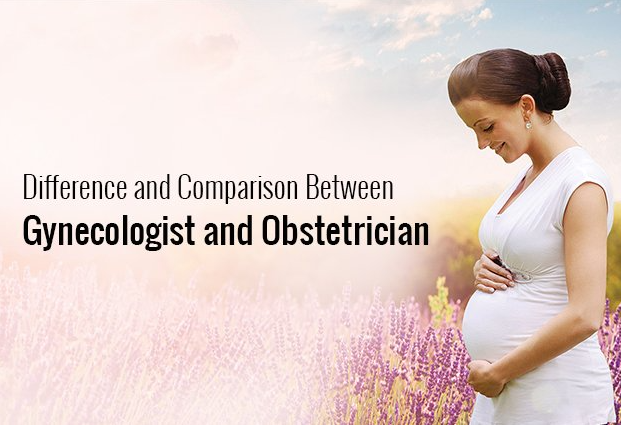As a female, you consult a gynaecologist in Marathahalli or your locality when you notice any issues related to your reproductive health/organs. Further, you consult such a speciality for your pregnancy care. However, some of you may have confusion whether you should consult an obstetrician or a gynaecologist for your reproductive or allied issues. You will not have such a situation if you know the differences between an obstetrician and a gynaecologist. Have a loot at all associated points to distinguish these two specialties:

What does an obstetrician mean?
An obstetrician is a medical expert who offers medical support & care to pregnant women and their newborn. Such support and care includes a complete pregnancy journey – from prenatal care to labour, delivery, and postnatal care. In addition, such a medical specialist takes care of the overall health or well-being of mother and baby. The expert monitors the development of the baby in the womb and detects and handles pregnancy complications.
Like as a gynaecologist, an obstetrician helps a pregnant woman to deliver her baby normally or through a surgery. Such an expert offers care and medical support to mother and the baby in the postnatal phase. After the birth of the baby, the mother can see such an expert if she has any complications.
When should you consult an obstetrician?
As a woman, you should consult an obstetrician as you notice you are pregnant. The obstetrician will be the right person to answer all your pregnancy queries and treat the complication if you have apart from general pregnancy care and support.
What does a gynaecologist mean?
In brief gynae, a gynaecologist is a medical expert who provides treatment and care services for the complete reproductive health/system of a female. It means a gynaecologist is the right person to see if you have medical conditions affecting your ovaries, vagina, cervix, and fallopian tubes. The issues related to your reproductive health are numerous. Some of your reproductive health issues are as follows:
- Endometriosis
- Irregular menstruation
- Menopause
- Vaginal infections
- Uterine fibroids
- Ovarian cysts
- Urinary conditions
- Pain during sexual intercourse
- Cervical cancers
- Prolapse
Apart from the above-mentioned diagnosis and treatments, a gynaecologist helps conduct examinations of reproductive organs like pelvic, breasts, and Pap smear. Such an expert can also advise on sexual matters such as fertility treatments (IVF and IUI), use of contraceptives, and the prevention of sexually transmitted infections (STIs) or sextually transmitted diseases (STDs). A gynaecologist does not see pregnancy complications or deliveries. However, the expert can do surgeries of reproductive organs like tubal ligation, myomectomy, hysterectomy, dilation & curettage, and cone biopsy. The expert can suggest women on how to deal with menopause.
When should you consult a gynaecologist?
You should see a gynaecologist when you have issues with your reproductive system or non-pregnancy problems like puberty. Your gynaecologist can refer you to other specialists based on your health conditions.
What is an obstetrician-gynaecologist (ob-gyn)?
An obstetrician-gynaecologist or ob-gyn is a medical expert who specialises in both female’s health and reproductive system. Such an expert can examine, treat, diagnose, conduct surgeries, and provide care to all pregnancy and non-pregnancy issues of a female. This expert offers all types of care, support, and treatment to women from their puberty age to menopause stage. It includes pregnancy care and support too.
When should you consult an ob-gyn?
You should consult such an expert when you:
- Need help in having a conception
- Have conceived
- Required help in your family expansion plan
- Face pregnancy complications
- Have menstrual irregularities
- Notice discomfort or pain in your reproductive organs
- Have menopausal concerns
- Notice any abnormalcy in your health or reproductive system
Conclusion
Having an idea about an obstetrician, gynaecologist, and ob-gyn with specialites is beneficial for you. With it, you can easily decide whom and when you should see if you have any issue. Your wise and careful decision at the right time will help you save your time, health, effort, and time as you know whom you should see at what time or for what condition.






